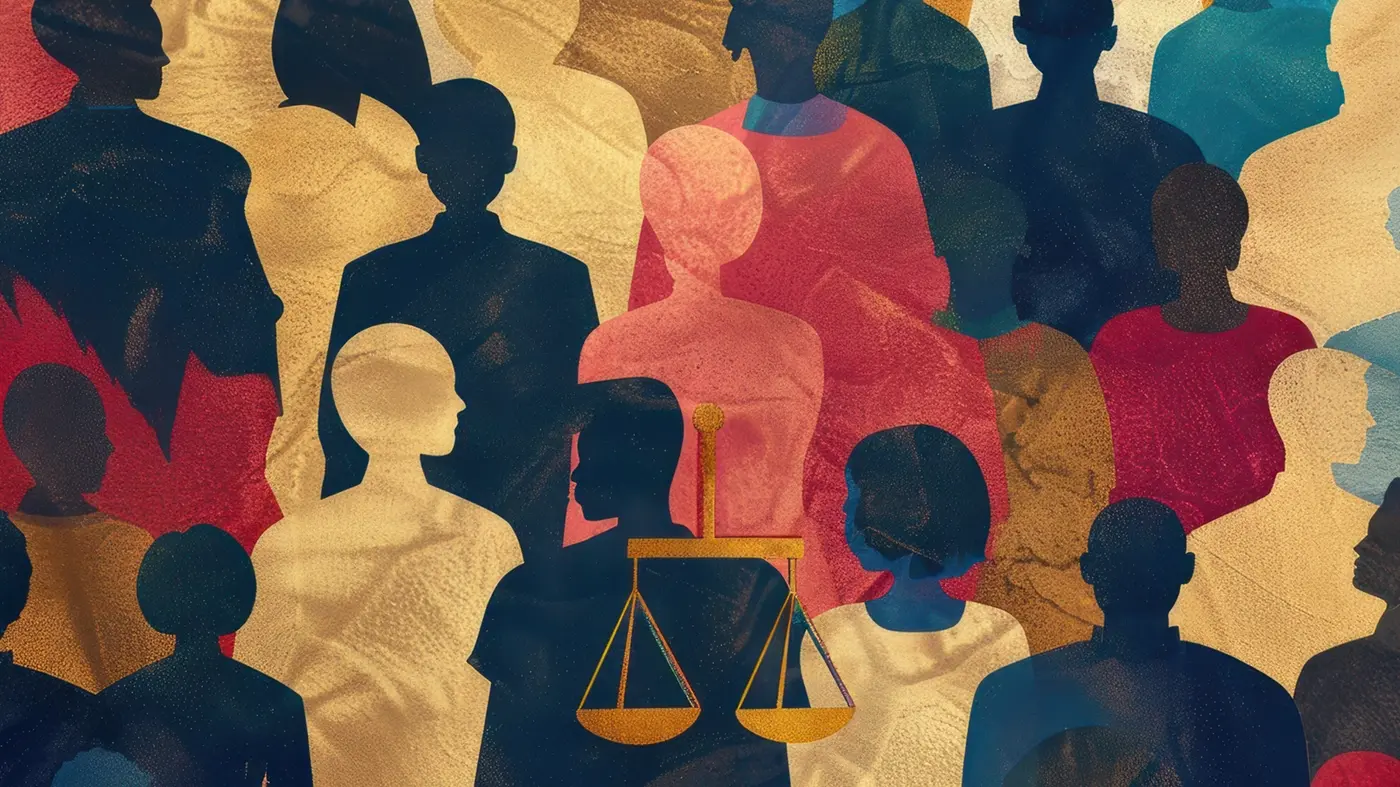Most people think that the law safeguards morality. Some even argue that since morality is subjective, and our legal system is a record of this, the law cannot be wrong. But in this article, philosopher Michael Huemer argues that the law is often morally wrong, and morality must always come before the law.
In 2007, a man named Anthony Crutcher was arrested in Mississippi for selling a total of about $40 worth of cocaine (in multiple transactions) to a police informant. Per federal sentencing guidelines, in view of his two prior drug convictions, Mr. Crutcher was sentenced to 60 years in prison. It is hard to believe that anyone would deem this a just sentence. It is, indeed, questionable whether any punishment is merited for such a crime: after all, individuals have a right to put whatever they want into their own bodies, and Crutcher was merely helping a competent, informed adult to exercise that right. But whatever you think of that argument, it is difficult to imagine any conception of proportionality on which Crutcher’s crime merited a sentence of 60 years.
Cases like these raise questions about the relationship between morality and the law. Can the law be morally wrong? Why do we have laws in the first place? And what should we do when the law conflicts with our sense of morality?
Begin with the first question: Can the law be wrong? Some might argue that morality is a social construct, that the law is how society declares what is right and wrong, and that therefore the law itself cannot be morally wrong. The best way to refute such a view is by examples: Slavery was always wrong, as were the laws enforcing it. If you lived in the American South before the Civil War, you ought not to have owned slaves. If you discovered a runaway slave, it would have been morally wrong to report them, even though this was legally required. If America somehow re-introduces slavery, you should not participate in the practice.
In Nazi Germany, the persecution of Jews was legally enforced. Nevertheless, if you lived in that time, it would have been wrong for you to participate in persecuting Jews. Oscar Schindler – the businessman who famously saved about 1200 Jews from the concentration camps – was a hero, not a villain, for going against the practices of his society and government.
Nearly everyone can see these points. They show that morality does not merely derive from the law. We have the capacity to judge the law itself, and sometimes it comes up wanting.
___
If there were no objective demands of justice, then there would be no reason to have laws and no reason to punish anyone for violating them. If everyone always obeyed the demands of justice of their own accord, there would again be no need for laws.
___





















Join the conversation